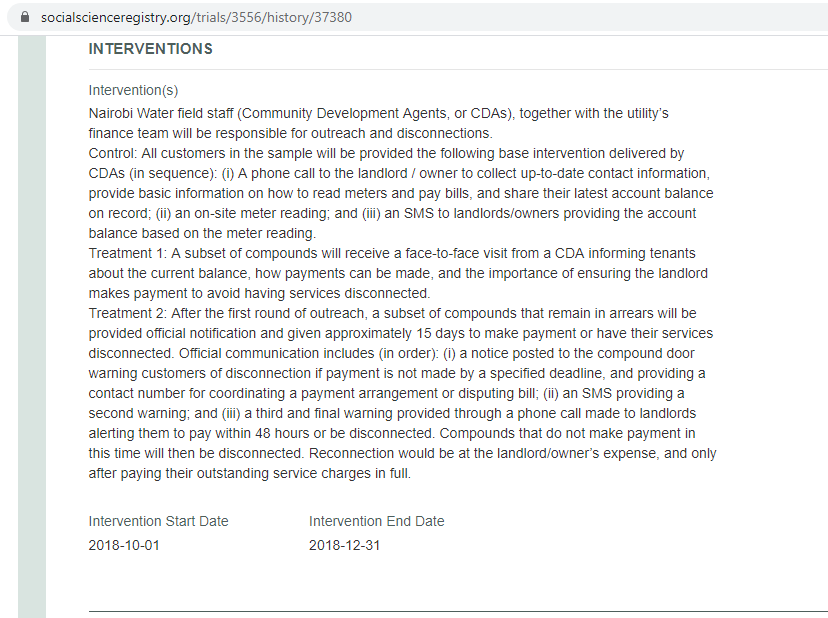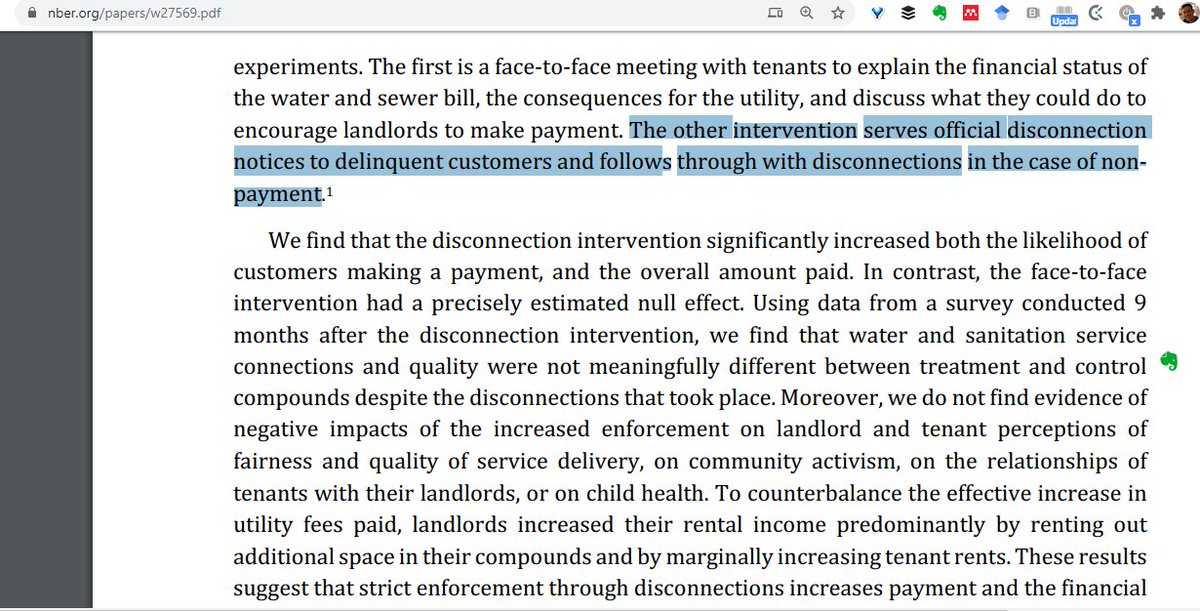To note: the actual intervention IS disconnection. This is an intervention that DOES cause harm.

(Side note: I'm really pissed off, I have absolutely no emotional bandwidth nor time to look at this in detail, but since it falls squarely in my research interests and methods, here I am).
The authors are opposed to a "rights based approach" ...








